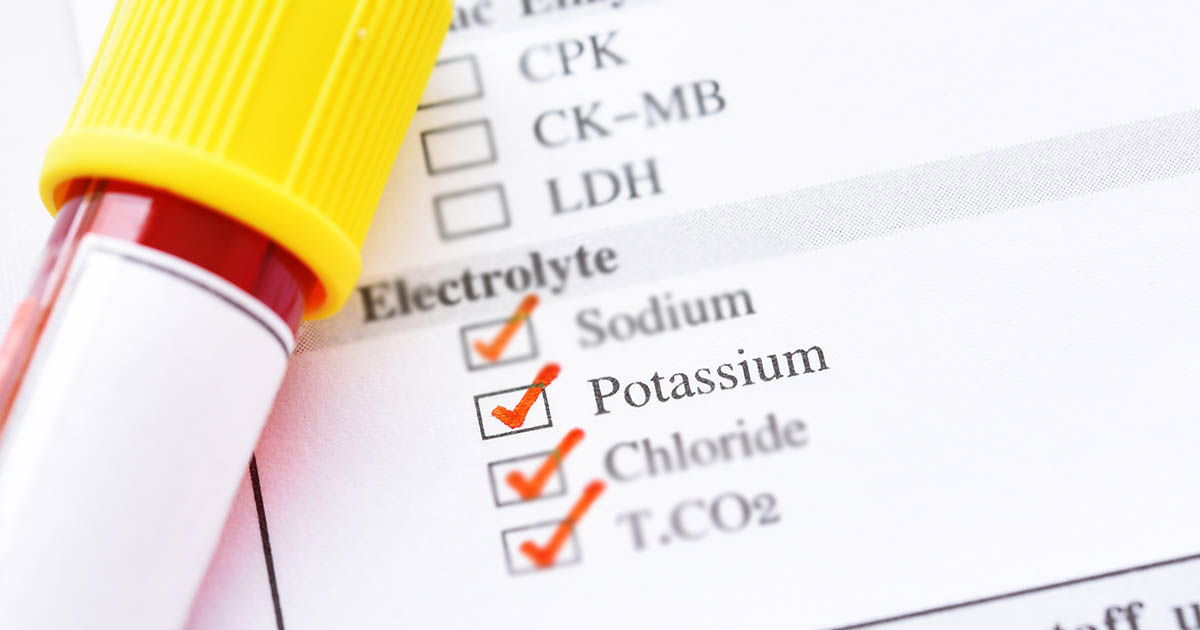15 Unexpected Twists Your Body Takes With Diuretics
Diuretics—commonly known as water pills—are often prescribed for high blood pressure, heart failure, and kidney or liver issues. They work by helping the body flush out excess salt and water through urine. Sounds simple, right? But behind that streamlined function lies a surprising chain reaction. From unexpected nutrient losses to changes in mood, muscle function, and even skin sensitivity, diuretics can set off a cascade of effects you might not anticipate. Whether you're taking them short-term or as a lifelong prescription, it's worth understanding the full picture. That’s why we’ve expanded our list to 15 Unexpected Twists Your Body Takes With Diuretics—revealing the subtle (and sometimes strange) ways these medications can alter your physiology. Before you pop your next pill, take a deeper look at what else might be shifting inside.
1. Issues With Potassium In The Blood

Several types of diuretics can cause issues with potassium in the blood. For example, thiazide diuretics may cause low levels of potassium. Patients with reduced potassium could experience fatigue, constipation, muscle cramps, and weakness. Potassium is involved in heart function, and inadequate levels could result in an irregular heartbeat that requires urgent treatment. Patients taking diuretics may need routine blood tests to monitor their potassium. Depending on the results, doctors might recommend the use of a potassium supplement. Individuals at an increased risk of low potassium might be prescribed a special type of diuretic known as a potassium-sparing diuretic. Unlike other diuretics, this type could result in an excess amount of potassium in the blood. Patients may experience vomiting, nausea, palpitations, chest pain, tingling, and breathing difficulties. To prevent life-threatening heart problems, urgent treatment is required to normalize potassium levels. Patients who use potassium-sparing diuretics may need to make dietary changes to reduce their potassium intake. This could involve reducing their consumption of bananas, potatoes, nuts, and seeds. Treatment recommendations will be adjusted according to the results of regular blood tests.
2. Headaches

Diuretics increase the amount of fluid removed from the body, which may sometimes result in dehydration, producing headaches. To ease headache pain associated with dehydration, it could be beneficial to increase daily fluid intake. Doctors suggest individuals try resting in a dark, quiet room as one of the first steps of home treatment. Patients might also want to try taking a hot shower or applying moist heat from a warm compress to the forehead or the back of the neck. Some individuals find relief with cold packs too. Taking over-the-counter medications may help, but patients on diuretics should speak to their doctor before using these. Relaxation exercises such as deep breathing are often effective, and performing guided meditation may be useful as well. If a headache lasts more than twenty-four hours, does not improve with rest, or is accompanied by nausea, weakness, or blurry vision, patients should seek urgent medical attention.
